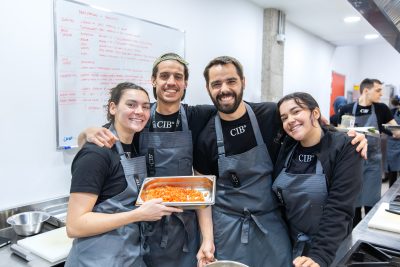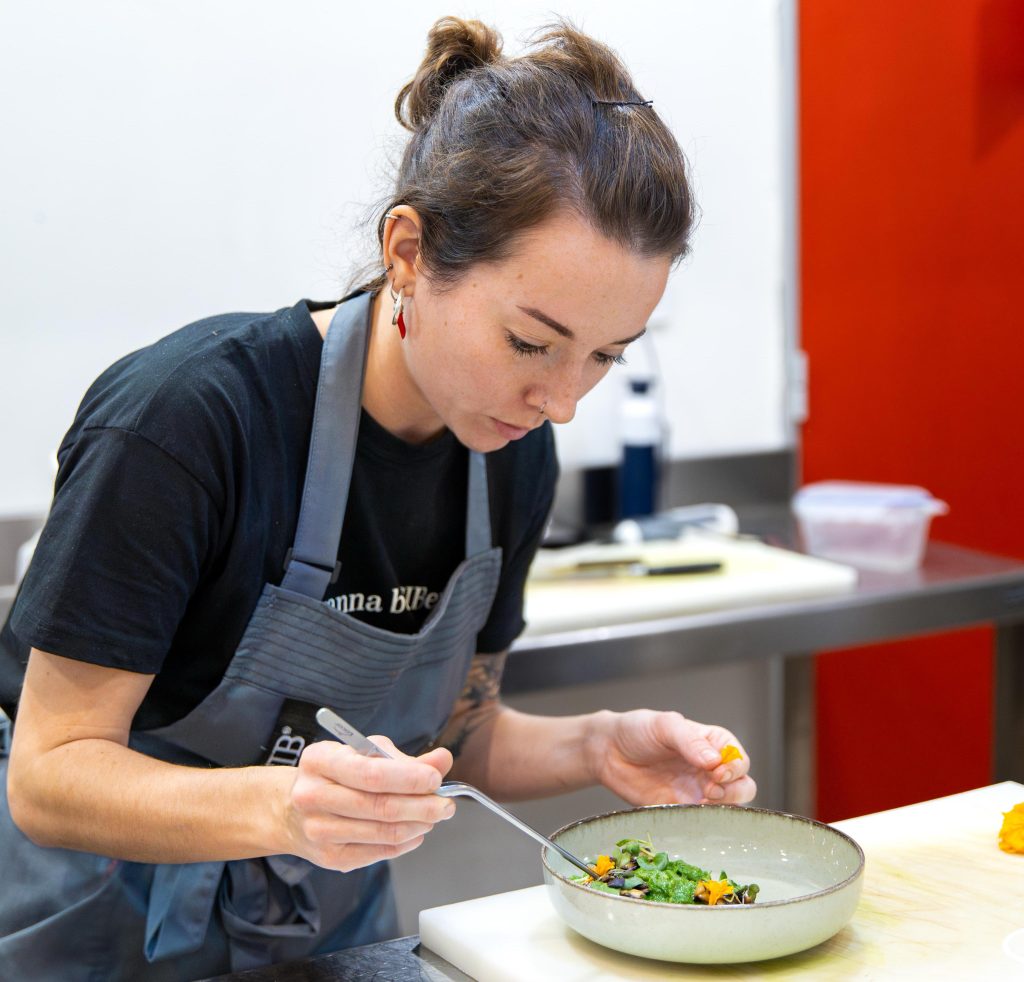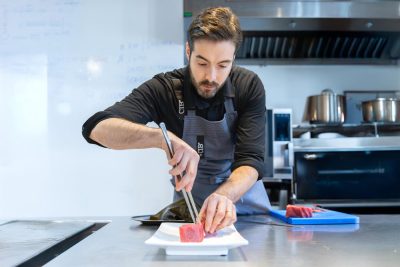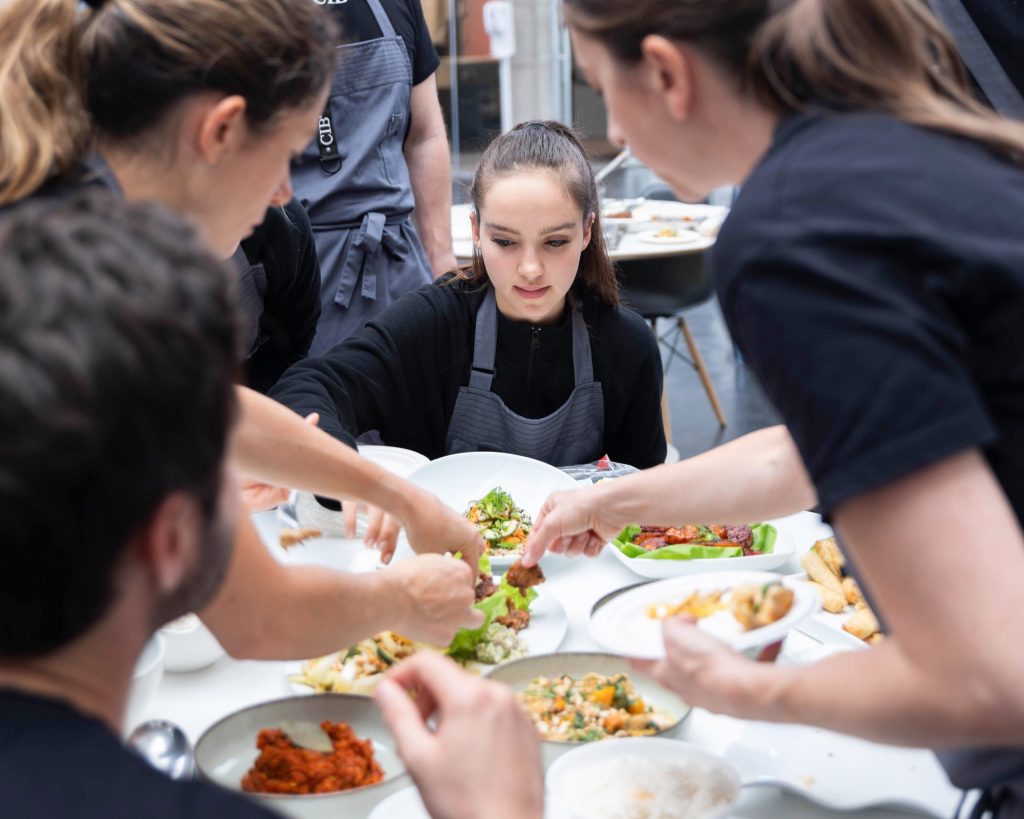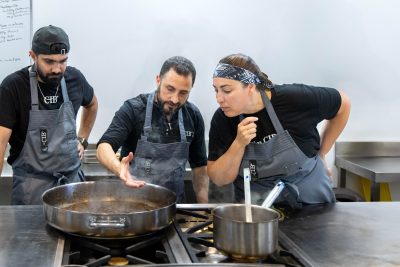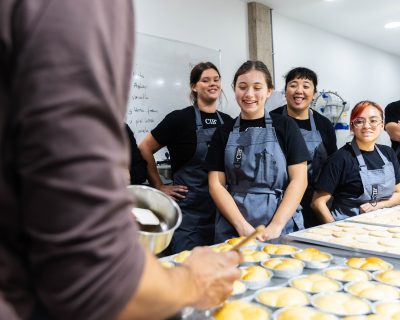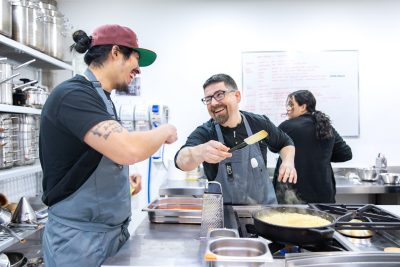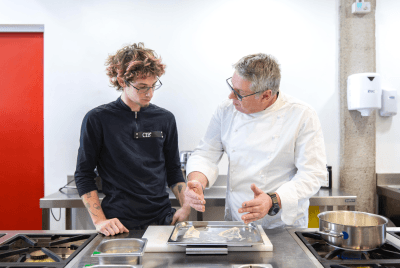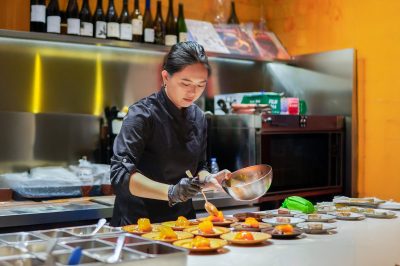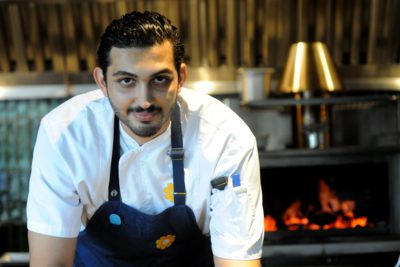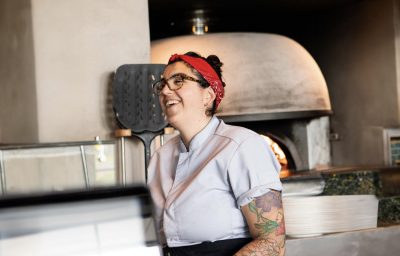Studying or working in the kitchen: how yo choose the path that defines your professional future
Gastronomy demands more than passion: it demands judgment. If you’re here, it’s probably because you’re facing one of the most important decisions of your professional life: Do I start working in a restaurant right away to gain real experience? Or do I invest in an education that gives me the tools to build something bigger? It’s a classic debate, and like all classics, it deserves to be revisited. Starting work from day one trains you in pace and execution. But if your goal is to lead projects, design concepts, innovate, and transform realities, pace alone is not enough. You need vision. You need method. At the Culinary Institute of Barcelona (CIB), we prepare those who refuse to simply adapt to the industry, those who are ready to reconfigure it and reinvent it. The self-taught path: the school of reality (and its limits) Many culinary professionals who are now well established started from the bottom. It’s a path that deserves respect.


